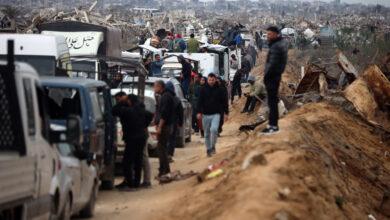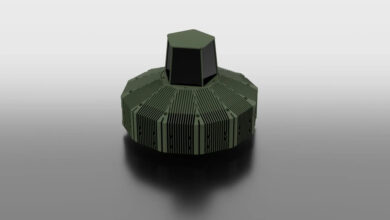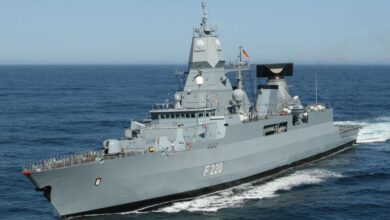German forces will stay in Mali until 2024 only if the junta allows them to operate freely and elections are held, Germany’s defense minister warned Bamako during a visit Thursday.
Lambrecht said Germany’s presence depended on being able to “fulfil our operational agreement, fulfil our mission within (the UN peacekeeping mission in Mali), a reconnaissance mission, which unfortunately has not been possible for many weeks.”
Lambrecht is the first senior German official to visit Bamako since Berlin last month announced plans to end its involvement in the UN peacekeeping mission in Mali (MINUSMA).
The German minister said another condition was that Bamako must respect its commitment to hold elections in February 2024 to make way for civilian rule.
The junta eventually set this deadline under pressure, having considered staying in power for up to five years.
Mali has been grappling with a jihadist insurgency since 2012. Thousands of people have been killed and hundreds of thousands have fled their homes.
The German government “has taken the decision to continue supporting the transition process until May 2024, but this is linked to conditions which must be met”, Lambrecht said at a meeting with her Malian counterpart Colonel Sadio Camara.
“If one of these conditions were not met, we would have to review our decision,” she added, according to a recording sent to AFP.
German Minister of Defense Lambrecht visiting Bamako. This is a good thing. Folks need to talk to the Malian regime and not shun them. https://t.co/XYXmEEVfop
— Michael Shurkin (@MichaelShurkin) December 15, 2022
‘Open and Honest’
Germany has about 1,100 troops in Mali, Lambrecht said.
It is the seventh country to decide in recent months to stop or suspend its participation in the UN mission.
MINUSMA’s future is in doubt as violence rages in the center, north, and east of Mali.
Mali underwent a military coup in August 2020, followed by a second takeover in May 2021.
The German military has been in Mali since 2013, with a presence of up to 1,400 soldiers as part of the MINUSMA mission, mostly based near Gao in the north.
But it has faced increasing difficulties in recent months, repeatedly having to suspend reconnaissance patrols after the junta denied over-flight rights.
In what she described as an “open and honest exchange,” she said the German military’s ability to fly drones was discussed.
Colonel Camara called for Malian “sovereignty” to be respected and said he appreciated that the German withdrawal was planned and had given rise to discussions with Bamako.
He said this distinguished it from the French withdrawal in August, when France pulled out its troops from its former colony, deployed under its Barkhane anti-jihadist mission in the Sahel. The force had helped provide air support for MINUSMA.
The French foreign ministry said it made the decision over Bamako’s alleged use of paramilitaries from Russian group Wagner.
Bamako denies this, acknowledging only the support of Russian military “instructors.”












